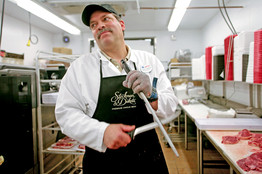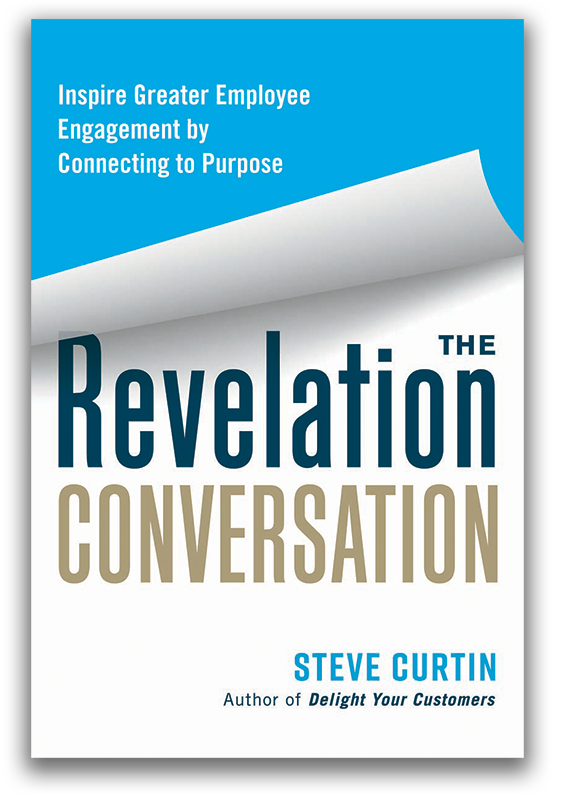 This post is the third in a series that will identify 10 different customer service advantages that have emerged from my analysis of customer satisfaction data. Maybe you have capitalized on one or more of these advantages in your own business? The third advantage is to share unique knowledge.
This post is the third in a series that will identify 10 different customer service advantages that have emerged from my analysis of customer satisfaction data. Maybe you have capitalized on one or more of these advantages in your own business? The third advantage is to share unique knowledge.
A while back I read a Wall Street Journal article by Timothy Martin titled, Choice Advice From Meat Cutters. The article highlighted the benefits of training butchers at leading supermarket chains to engage customers as a chef rather than as simply a meat cutter. The difference separates a memorable, customer-focused experience from an ordinary, process-focused transaction at the meat counter.
As the scale of operations has grown at most supermarkets, many meat cutters disappeared from the meat cases to backrooms where interactions with shoppers were limited to announcements over the intercom. Their roles shifted from a familiar butcher who formed close bonds with shoppers, remembering names and preferences (people-focused), to an anonymous meat cutter whose priority was churning out enough hamburger patties and chuck steaks to fill meat cases (process-focused).
One way to re-engage butchers with their customers—while increasing job satisfaction and sales at the meat counter—is to encourage them to share unique knowledge.
Unique knowledge is not the same as job knowledge. Job knowledge is necessary for an employee to be proficient in his or her job role. It is expected by the customer and, generally speaking, is transactional. Unique knowledge, when shared by the employee, is unexpected, valued, and memorable.
To illustrate the difference between job knowledge and unique knowledge, consider this comment from Aram Dakarian, meat manager at a Jewel-Osco supermarket in Chicago: “Before, I’d tell customers just to squeeze out the blood and add some salt and pepper (job knowledge).”
But now he eagerly offers cooking tips (unique knowledge). For example, for baked chicken, he recommends olive oil with a dash of lemon pepper. For steaks, a garlic or peppercorn seasoning rub, or two hours soaking in a wine sauce marinade.
Instead of simply sharing job knowledge: A flat iron steak is cut from the shoulder of a steer, he can add more value by sharing unique knowledge: How to properly grill a flat iron steak and the difference between dry (grilled or broiled) and wet (simmering or braising) cooking.
Grocers are banking on shoppers’ willingness to pay higher prices in return for general dinner advice. And there is also a benefit to employees as described by Mr. Dakarian: “Now, I’m getting more in-depth with the meat, looking at it more like a chef. It makes me feel good.”
While customers appreciate nice employees, they value knowledgeable employees. And the more unique knowledge employees possess, the more value they add to the customer experience.
What’s an example of unique knowledge that you share with your customers?

